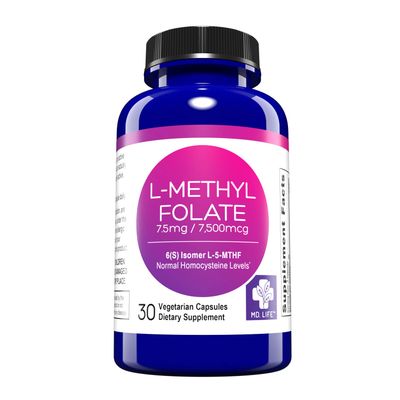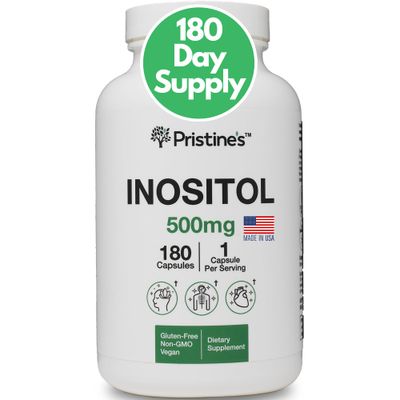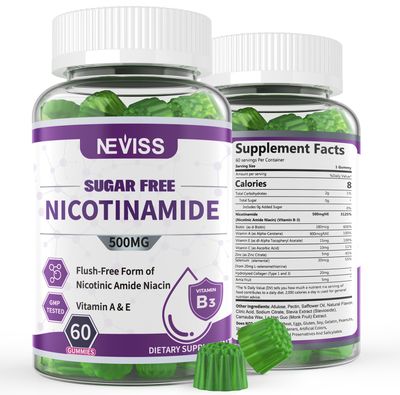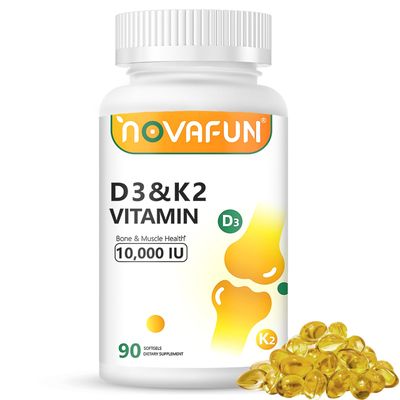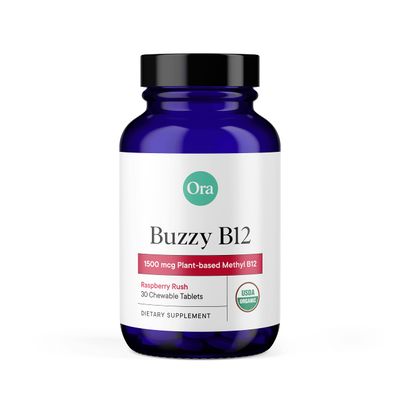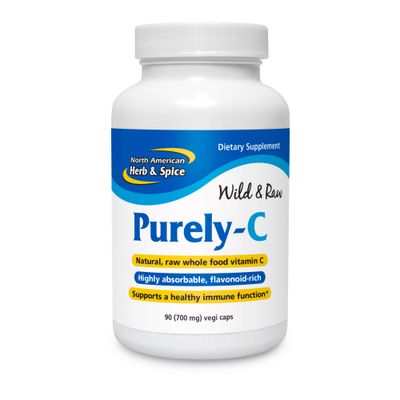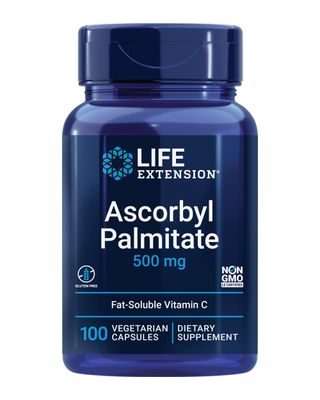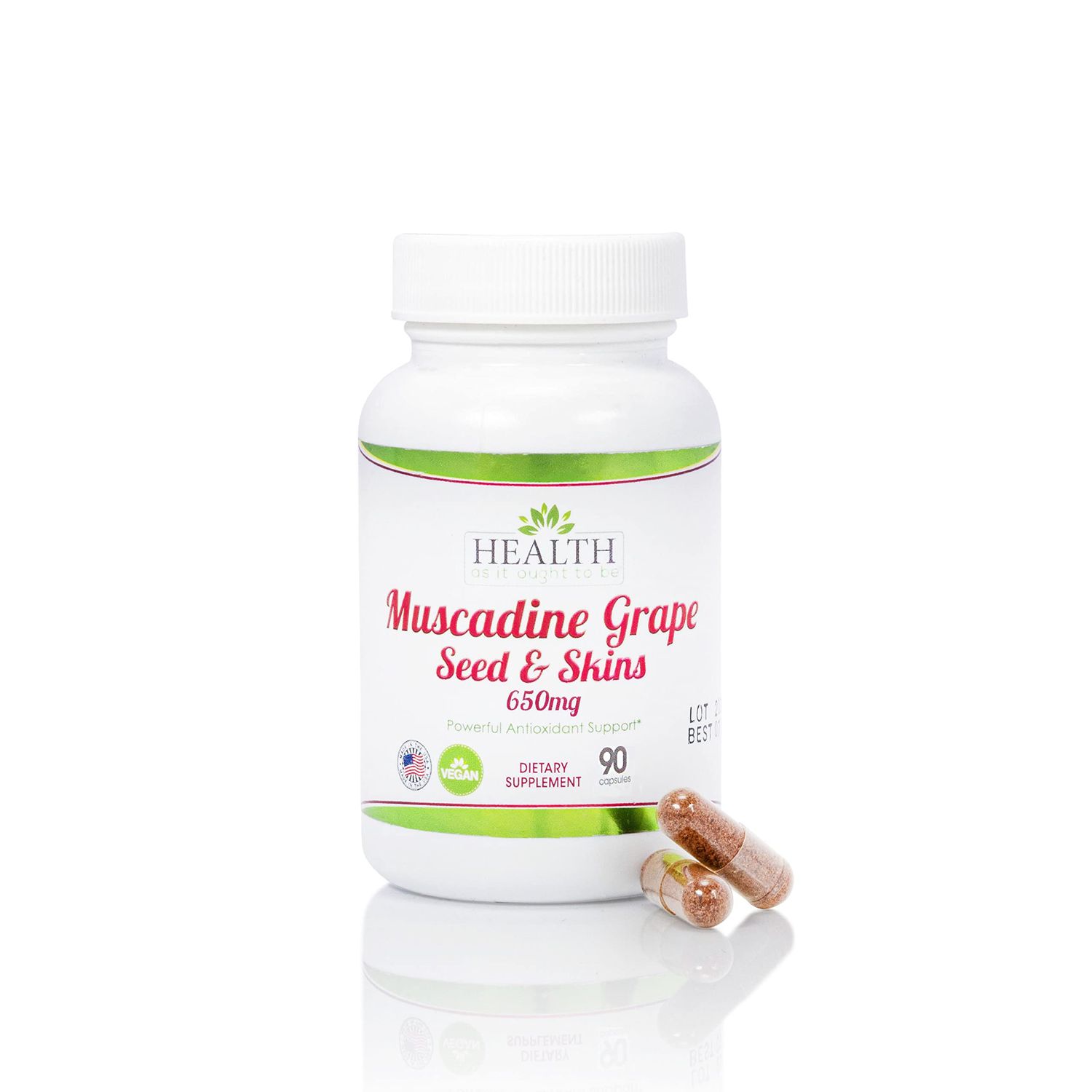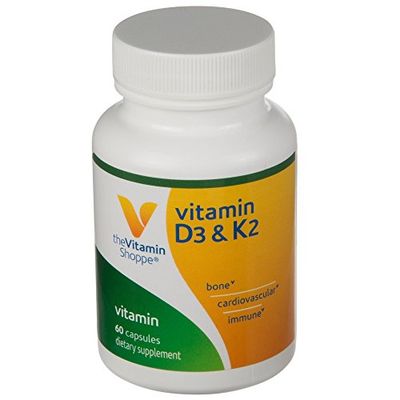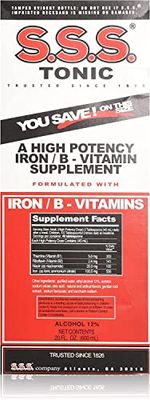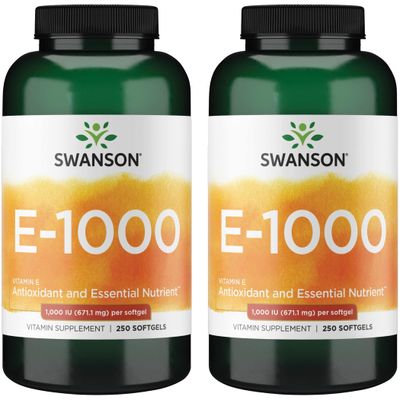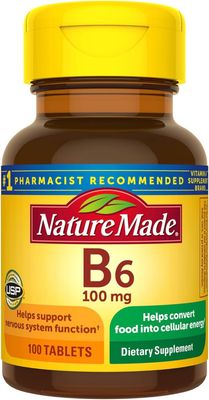Health As It Ought To Be Muscadine Grape Seed & Skins 650 mg Supplement | Physician Formulated Powerful Antioxidant Support Beyond The Average Grape | 90 Capsules
Description
Indigenous to Southeastern United States, the main way the Muscadine Grape will influence your health is through their antioxidant activity. Their antioxidant activity is incredibly high In a study published in the April 2010 issue of the "Journal of Agricultural and Food Chemistry," muscadine grape seeds showed the highest antioxidant levels in the grape, followed by the skin and pulp. The seeds contained 87 percent phenolic antioxidant compounds, skins contained 11.3 percent and pulp contained 1.6 percent. The researchers identified a total of 88 different antioxidant compounds in muscadine grapes, 43 of which occurred in the seeds. Seventeen of the compounds were unique to muscadine grapes. Multiple health benefits Resveratrol is the king of phytonutrients in grapes. It gives wine most of its health benefits. It has been shown to help with telomere length and may improve cardiovascular health. A 2010 study published by a University School of Medicine, in Winston Salem, North Carolina, discovered muscadine grapes could help to relax and dilate arteries. The ellagic acid found in muscadine grapes may help to prevent uncontrolled cell growth. They are the only grape in the world known to contain ellagic acid. Not only that but there is even a component in muscadine grapes that helps to aid fat loss. This is from a very specific form of vitamin E called tocotrienol. Researchers at the University of Florida discovered muscadine oil containing tocotrienol may help the bodys fat cells release fat to be used as energy.
Features
- EXTRA CHROMOSOME: Muscadine grapes have an extra set of chromosomes compared to regular grapes. This extra chromosome results in up to 40x more antioxidants than regular grape varieties
- ANTIOXIDANTS: The antioxidant profile of muscadine grapes is unmatched in the plant world
- RESVERATROL: Contains up to 6x more resveratrol than regular grapes. Resveratrol is being actively studied for its longevity and cardiovascular health benefits
- ELLAGIC ACID: A less well known phytonutrient contained in muscadine grapes is ellagic acid. The ellagic acid found in muscadine grapes may help to prevent uncontrolled cell growth. They are the only grape in the world known to contain ellagic acid
- MADE IN NORTH CAROLINA: We use only the best muscadine grapes from local growers throughout the southeast
